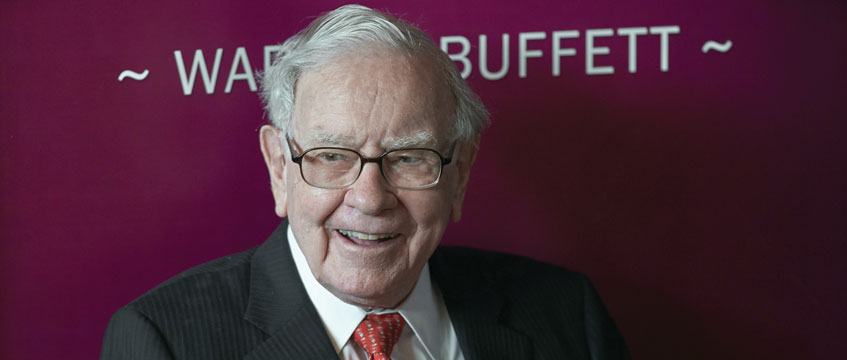Buffett and Munger on ‘unpleasant’ outlook for global real estate
Berkshire Hathaway chairman and chief executive Warren Buffett (pictured) and vice chairman Charlie Munger have warned that the global real estate market is starting to suffer under the pressure of rising borrowing rates.
The legendary investors set out their reasons for remaining bearish on commercial property at Berkshire Hathaway’s annual shareholder meeting in Omaha, Nebraska, on Saturday (6 May).
Munger, who is Buffett’s right-hand man, said the “hollowing out of the downtowns in [the US] and elsewhere in the world is going to be quite significant and quite unpleasant”.
Berkshire Hathaway chairman and chief executive Warren Buffett (pictured) and vice chairman Charlie Munger have warned that the global real estate market is starting to suffer under the pressure of rising borrowing rates.
The legendary investors set out their reasons for remaining bearish on commercial property at Berkshire Hathaway’s annual shareholder meeting in Omaha, Nebraska, on Saturday (6 May).
Munger, who is Buffett’s right-hand man, said the “hollowing out of the downtowns in [the US] and elsewhere in the world is going to be quite significant and quite unpleasant”.
He added that while the US will “get through it all right”, it will “involve a different set of owners”.
Munger predicted a “brewing storm” in US commercial real estate earlier this month, driven by “bad loans” at the banks amid falling prices.
Buffett, known as the Oracle of Omaha, noted that commercial real estate values depend on how much can be borrowed “non-recourse”, and that the market is starting to see the consequences of this as rates rise.
“That’s the attitude of most people that have become big in the real estate business, and it does mean… the lenders are the ones that get the property,” said Buffett. “And, of course, they don’t want the property… the real estate operator counts on negotiating with them, and the banks tend to extend and pretend.”
Buffett added: “It all has consequences. We are starting to see the consequences of people who could borrow at 2.5% and find out it doesn’t work at current rates, and they hand it back to somebody that gave them all the money they needed to build it.”
To send feedback, e-mail pui-guan.man@eg.co.uk or tweet @PuiGuanM or @EGPropertyNews
See also: Should we fear a US banking contagion?
Photo © Nati Harnik/AP/Shutterstock











